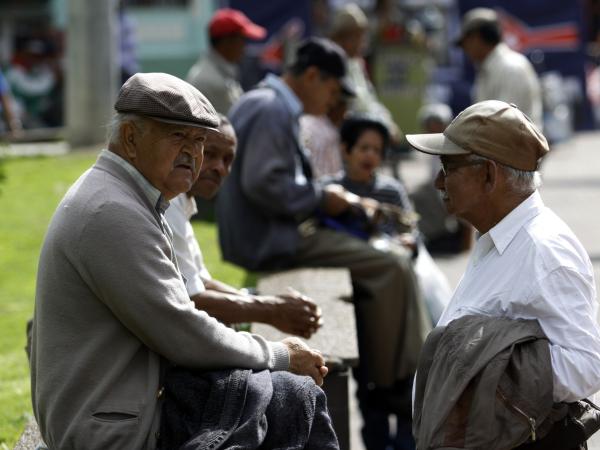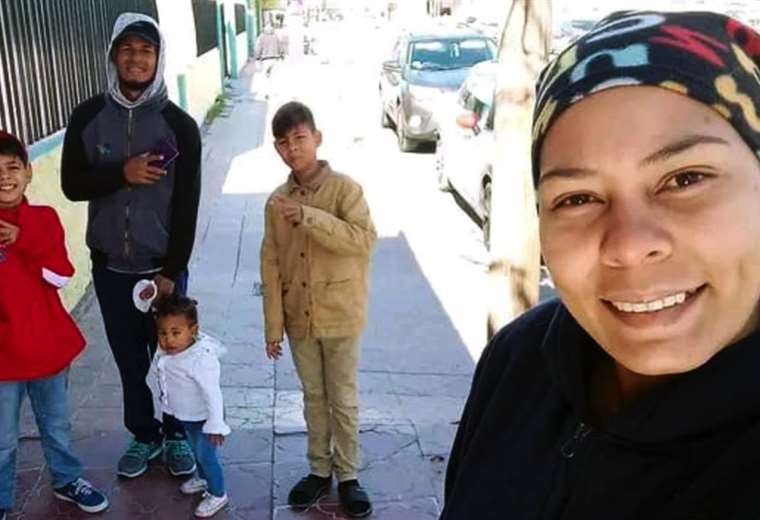The criminalization of fake news (fake news), the requirement that technology companies have their headquarters in Brazil and the ban on mass shootings in messaging applications are among the main points of the Bill of Law fake news (PL 2630). The issue was debated at a public hearing at the Federal Supreme Court (STF) this week.
Amid much controversy, deputies and senators have the challenge of moving forward in the discussion of the proposal. After being approved by the Senate in June 2020, the text changed almost completely, and has been stalled since April last year in the Chamber of Deputies.
In the discussion with the deputies, still last year, the proposal suffered a major defeat. By just eight votes, the proposal did not reach the 257 votes needed to have the procedure accelerated and returned to the stage where it needs to pass through committees or a specific working group. A new urgent request must be guided by the President of the House, Arthur Lira (PP-AL).
The project provides for the transparency of social networks and private messaging services, especially regarding the responsibility of providers in combating misinformation. The text also determines the increase of transparency in relation to sponsored content and the action of the public power. In addition, it establishes sanctions for eventual non-compliance with the law. The forecast of the proposal’s rapporteur in the House, Deputy Orlando Silva (PCdoB-SP), is that the PL vote will take place this semester.
For the deputy, the path may be to make the platform responsible, when there is publicity and boost. “It’s one thing for someone to publish something on the social network, an idea. There, the platforms say that it is freedom of expression. If it’s not illegal content, no problem. But, if paid fake news is published in a company, and that company projects it in a reach that it would never have, it is something else. Companies cannot be partners in the propagation of disinformation, fake news and hate speech. Whenever there is boosting, sponsorship and earnings, the platform needs to assume its responsibility”, he said in interview to the program Uncensoredfrom the TV Brazil.
big techs
According to the lawyer and professor of Constitutional Law Antônio Carlos Freitas Junior, member of the regulation and social media commission at the São Paulo Lawyers Institute, the 21st century demands the debate on regulation, mainly in relation to big techslarge technology companies that dominate the market.
Freitas Junior pointed out that recent research shows how these companies manage, through the distribution of posts and their algorithms, to interfere in electoral behavior. “At some point, an authority, even a global one, and the countries will have to work hard to limit the free and unimpeded action of the big techs“, he said.
In the project, it is foreseen that the platforms keep, for a period of three months, the records of the sending of messages forwarded in bulk. Access to this information will occur by court order, when there is a criminal investigation into illegal content.
Yasmin Curzi, a researcher at FGV Direito Rio, believes that the mechanism present in the bill is that of traceability based on criminal proceedings, that is, with a specific court order and, therefore, does not see the need for updating.
The researcher stated that the project entails the obligation of different reports, rights and the possibility for users to appeal against the companies’ decisions. The measure seeks to reduce the asymmetry of information and power in the relationship between platform and users.
education to avoid fake news
For Maria Helena Weber, coordinator of the Communication Observatory, the spread of fake news is directly linked to the fact that people do not understand the power of this communication. According to her, in general, the message is sent by someone fundamental in the person’s life, who, in theory, would not tell a lie. In this case, a friend or relative.
Weber defends the educational process, which leads people to better understand their role in the propagation of news and does not make them less vulnerable to digital abuse.
In the evaluation of the coordinator, the big challenge is about what to do so that reality is not distorted and the truth is the main point about disclosure.
“We follow, whether it’s Brexit [saída do Reino Unido da União Europeia]either with the [ex-presidente norte-americano Donald] Trump and mainly in Brazil, with the election of [Jair] Bolsonaro, for example, we discovered the power that these platforms have and the power of the circulation of news in the field of politics. Then, [é necessário] recover the strength of what is true and what is real.”
João Brant, secretary of Digital Policies of the federal government, evaluated that the biggest challenge to regulate the sector is the balance of rights. How, at the same time, to preserve freedom of expression, privacy, protection of user data, but prevent misinformation, hate speech, violation of children’s and adolescents’ rights, in addition to preventing scams and fraud.
public hearings
Earlier this month, the Superior Electoral Court (TSE) announced the creation of a working group in partnership with digital platforms and social networks to present proposals to the National Congress. The Executive Power must also forward suggestions.
Jade percassi, from the Palavra Aberta Institute, defends Media Education as essential in times of digital revolution.
“We are the individuals who share, who engage with good or bad content, who pass on misinformation. We are all responsible for what we post, for what we share, for what we share in this environment”, he concludes.
That week, for two days, the STF debated the Marco Civil da Internet. The public hearing was convened by ministers Dias Toffoli and Luiz Fux, rapporteurs of actions that discuss the responsibility of providers of applications or internet tools regarding hate speech and fake news. Representatives of civil society, legal operators and parties to the process were heard.
*Collaborated by Michelle Moreira
















